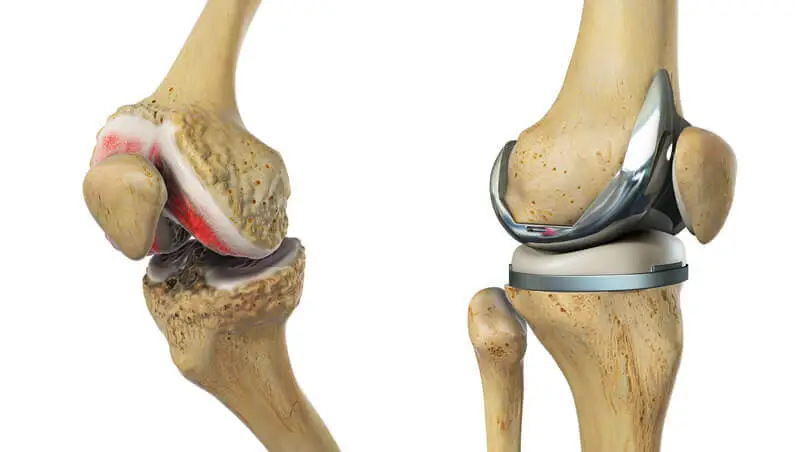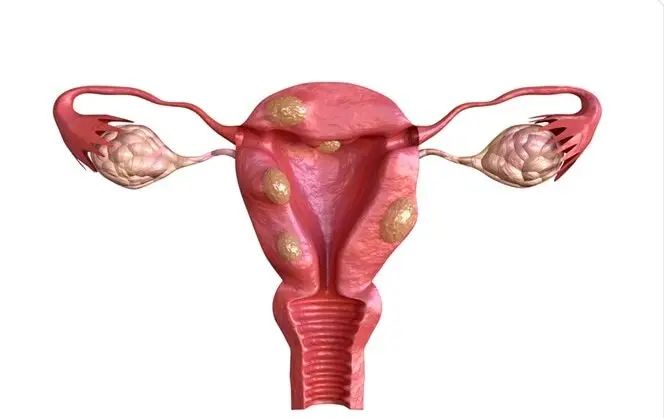Knee replacement surgery,also known as knee arthroplasty, is performed for several reasons, primarily to relieve pain and improve the function of a damaged or arthritic knee joint. Here are the primary reasons why knee replacement surgery is performed:
- Osteoarthritis: Osteoarthritis is the most common reason for knee replacement surgery. It is a degenerative joint disease that causes the cartilage in the knee joint to wear down over time. This leads to pain, stiffness, swelling, and a reduction in joint mobility.
- Rheumatoid Arthritis: Rheumatoid arthritis is an autoimmune disease that can affect multiple joints, including the knee. It can cause inflammation, pain, and progressive joint damage, leading to the need for knee replacement.
- Post-Traumatic Arthritis: Severe knee injuries, fractures, or ligament tears can lead to post-traumatic arthritis. Over time, the damaged joint may become arthritic, necessitating knee replacement surgery.
- Other Forms of Arthritis: Less common forms of arthritis, such as psoriatic arthritis and ankylosing spondylitis, can also damage the knee joint and require surgical intervention.
- Knee Deformities: Congenital or acquired knee deformities, such as bowed legs or knock-knees, can lead to abnormal joint wear and tear, causing pain and functional impairment.
- Avascular Necrosis: Avascular necrosis is a condition in which the blood supply to the bone is disrupted, leading to bone death and joint damage. It can affect the knee joint and may necessitate surgery.
- Failed Non-Surgical Treatments: When non-surgical treatments like physical therapy, medications, and joint injections no longer provide adequate pain relief and functional improvement, knee replacement may be considered.
- Chronic Knee Pain: Severe, chronic knee pain that significantly limits daily activities, such as walking, climbing stairs, or even resting comfortably, may be an indication for knee replacement.
Knee replacement surgery is generally considered when these conditions cause persistent pain and disability that significantly affects a person’s quality of life. The surgery aims to reduce pain, improve joint function, and enhance a patient’s overall mobility, allowing them to lead a more active and comfortable life. The decision to undergo knee replacement surgery is typically made in consultation with an orthopedic surgeon after a thorough evaluation of the patient’s condition and lifestyle.
Ready to regain your mobility and live pain-free? Consult with Dr. Kunal Shah, your trusted Orthopedic in Borivali. Don’t let joint issues hold you back—schedule your appointment today to take the first step towards a healthier, more active life. Contact us now!




